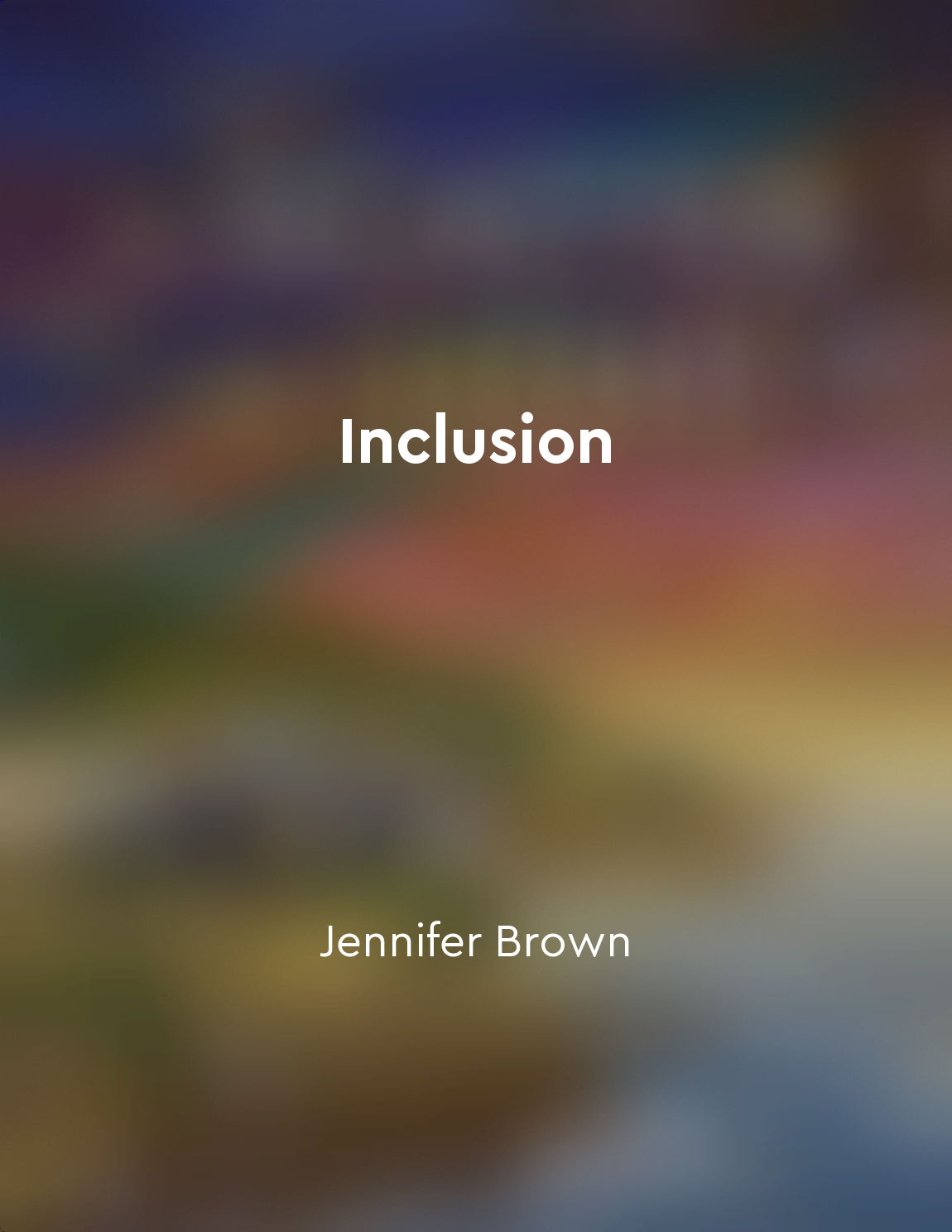Striving for fairness in data analysis from "summary" of Weapons of Math Destruction by Cathy O'Neil
In the quest for fairness in data analysis, one must first acknowledge the biases that are inherent in the data itself. Data is not neutral; it is the result of human decisions and actions, which are often influenced by societal biases and prejudices. These biases can manifest in various forms, such as sampling bias, measurement error, or selection bias. To strive for fairness in data analysis, one must actively seek out and address these biases. This requires a critical examination of the data collection process, as well as an understanding of the context in which the data was collected. By identifying and correcting for biases in the data, one can ensure that the results of the analysis are more accurate and representative of the true population. Furthermore, fairness in data analysis also entails transparency and accountability. It is important to be open about the methods used in the analysis, as well as the assumptions and limitations of the data. By being transparent, analysts can invite scrutiny and feedback, which can help to improve the quality and fairness of the analysis. In addition, fairness in data analysis requires a commitment to diversity and inclusion. This means that analysts should strive to include a diverse range of perspectives and voices in the data analysis process. By incorporating diverse viewpoints, analysts can help to mitigate the impact of biases and ensure that the analysis is fair and representative of all stakeholders.- Striving for fairness in data analysis is an ongoing and iterative process. It requires a willingness to challenge assumptions, confront biases, and engage in difficult conversations. By committing to fairness in data analysis, analysts can help to ensure that their work has a positive impact on society and contributes to a more just and equitable world.
Similar Posts

Technology should serve humanity, not the other way around
In a world where technology is increasingly ubiquitous, we must remember that we are the ones who created it. It is up to us to...

Importance of being antiracist
To be antiracist is to acknowledge that racism is a powerful force in our society, shaping our institutions and influencing our...
Continuously refine and improve our thinking process
The process of thinking is not a fixed and unchanging entity; it is a dynamic and ever-evolving activity that requires constant...

Strive for a more inclusive future
To create a more inclusive future is to commit to a vision of belonging where everyone feels valued, respected, and seen for wh...
Embrace feedback as a tool for growth and refinement
Receiving feedback is an integral part of personal and professional development. It serves as a mirror reflecting strengths and...
Promote equity and fairness
Promoting equity and fairness involves creating a level playing field where everyone has an equal opportunity to succeed. It me...
Create a supportive environment
Creating a supportive environment is crucial for fostering positive relationships and promoting well-being. This means setting ...

